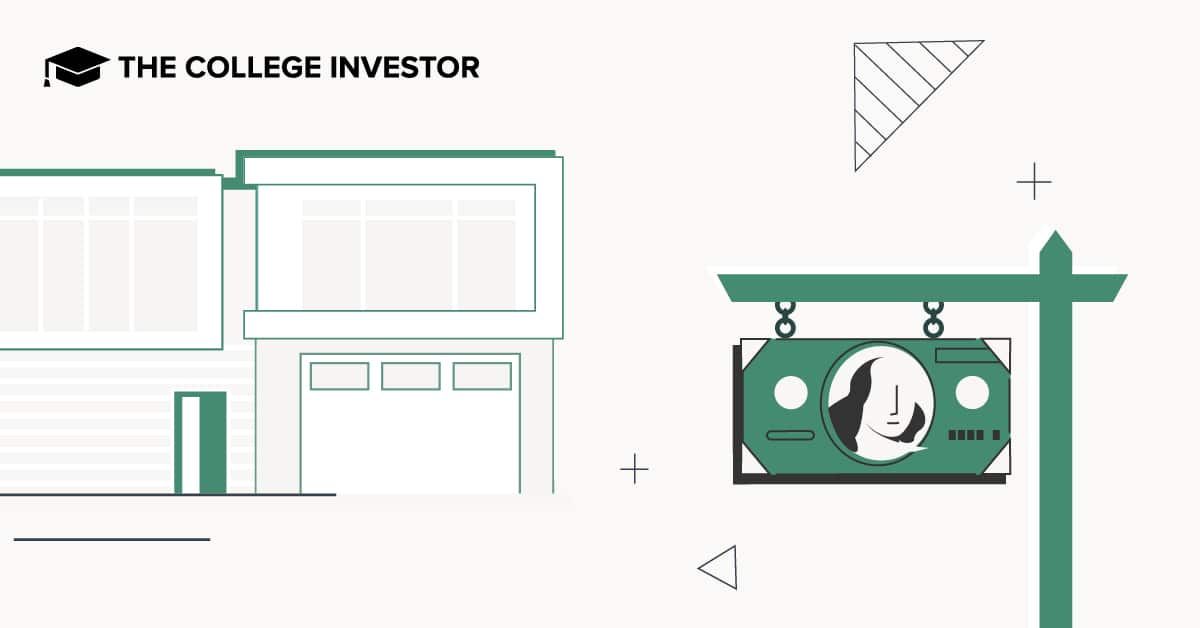Can You Get A Student Housing Loan?


Source: The College Investor
Housing costs are sometimes the most expensive aspect of higher education – and costs continue to rise. This can be a significant concern for families.
For example, UCLA cost of attendance is the following:
The bottom line is that it’s more expensive to live in the dorms at UCLA that to attendance class (not to say that living off campus is much better).
With all this in mind, the question often arises: Can you get a student housing loan to help with this financial burden? The answer is yes, though understanding the available options is crucial to making an informed decision.
Federal student loans, provided by the U.S. Department of Education, are not limited to covering just tuition and fees. These loans are designed to encompass the full Cost of Attendance (COA), which includes tuition, books, supplies, transportation, and living expenses like room and board. This means students can use federal loans to pay for on-campus housing or off-campus apartments.
However, the low federal loan limits may make this challenging fro undergraduate students. Parent PLUS loans, however, have no cap and parents can borrow up to the full cost of attendance.
Grad students also have no caps on borrowing via Grad PLUS Loans.
When federal loans and other financial aid don’t cover all costs, private student loans can fill the gap. Private lenders offer loans that can be used for education-related expenses, including housing. These loans are credit-based, and terms such as interest rates and repayment plans can vary widely.
Most undergraduate borrowers will also require a cosigner (usually a parent), making them just as responsible for the debt.
It’s essential to compare offers from multiple lenders, understand the terms, and consider the long-term implications of taking on additional debt.
Related: Best Private Student Loans
Beyond loans, students should explore scholarships, grants, and work-study programs that can help cover housing expenses without increasing debt. Some colleges may offer need-based or merit-based aid specifically for housing.
Additionally, living off-campus can sometimes be more economical. Sharing an apartment with roommates, choosing less expensive neighborhoods, or even living at home and commuting can significantly reduce costs.
Given that housing expenses for students are sometimes larger than tuition, these costs can really de-rail a student’s financial outcome of college.
It’s important to never borrow more for all your college expenses than you expect to earn in the first year after graduation. These housing costs can really spiral and make college unaffordable.
Make sure you check our College ROI Calculator to see if you’re college spending has the probability to be a positive outcome.
Don’t Miss These Other Stories:

Student loans often follow borrowers for years, sometimes decades. Even people who fully understand how much they borrowed can feel...

It was a busy week for RIA aggregators. There were a few large moves, including $235 billion multi-family office Cresset...

Blog Posts Archives UnfavoriteFavorite February 27, 2026 Weave: The Social Fabric Project Subscribe to Weave’s Newsletter This story was originally...